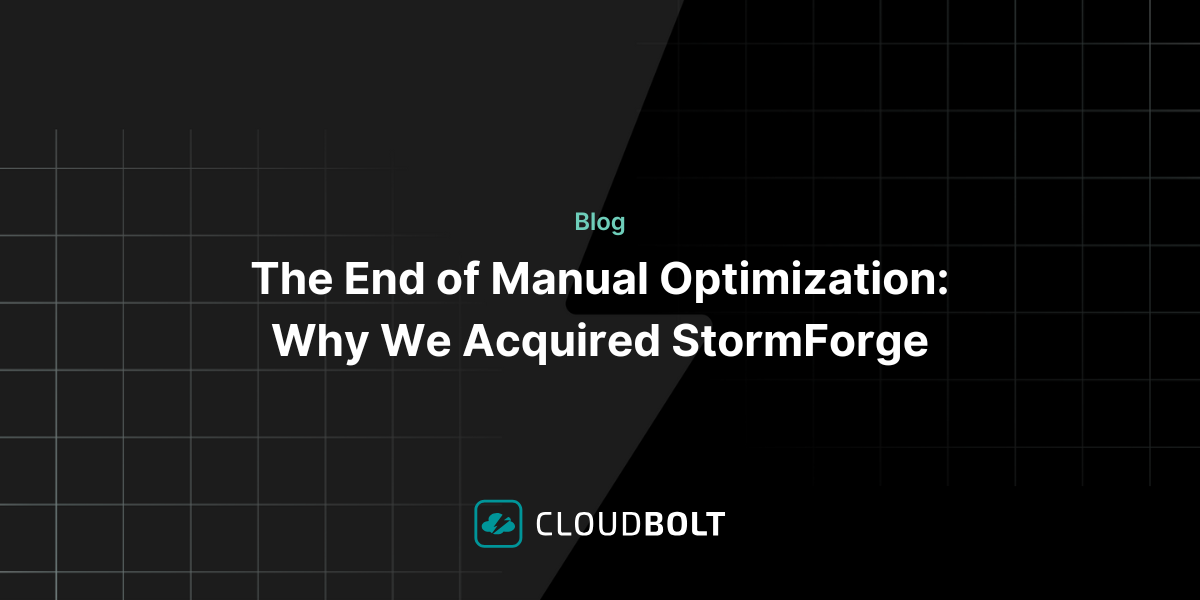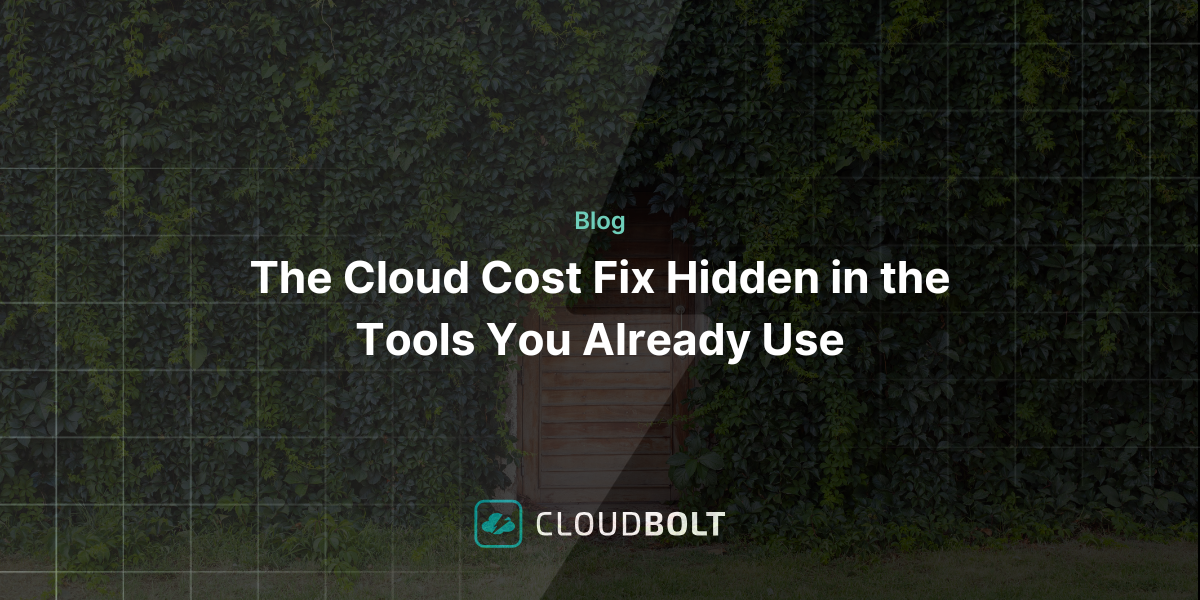Weekly CloudNews: What Trends Will Shape Cloud in 2022?
Welcome to this week’s edition of CloudBolt’s Weekly CloudNews!
Here are the blogs we’ve posted this week:
With that, onto this week’s news:
4 Trends Shaping Cloud in 2022
Deloitte, Wall Street Journal, Feb. 15, 2022
“Cloud technology has evolved enormously in recent years, giving enterprises virtually limitless opportunities to rethink and transform their businesses. In 2022, that rapid pace of change promises to continue. Federated containers, an acute skills crunch, edge computing, and cost governance are all likely to be defining themes for cloud computing in the upcoming year, and it’s up to enterprises to navigate the resulting landscape, with all its opportunities and challenges. In a recent podcast, Deloitte Consulting LLP’s David Linthicum, managing director and chief cloud strategy officer, and Mike Kavis, managing director and chief cloud architect, discuss these and other trends shaping the cloudscape in 2022.
Finally, it’s been an ongoing problem that many companies leveraging cloud don’t have good visibility into usage tracking or the resulting costs incurred. 2022 may be the year when a solution begins to take hold. Automation and FinOps—uniting technology, finance, and the business through systems and processes focused on maximizing the value of the cloud—will likely play a key role. ‘Cost governance can be a competitive advantage,’ Linthicum says. ‘You can then track everything down to the bottom line and make sure nothing is taking revenue away from the business.’”
Will Hybrid Cloud Save You Money? Predict Your Hybrid Cloud Costs
Christopher Tozzi, ITProToday, Feb. 15, 2022
“Alongside benefits such as greater flexibility and control, potential cost savings are often touted as a reason to consider using a hybrid cloud architecture. But the keyword there is ‘potential.’ Whether hybrid cloud actually saves money as compared with your current setup (which could be a public cloud or a fully on-premises environment) depends on factors such as which workloads you need to run and how you plan to design and operate your hybrid cloud.
A hybrid setup can potentially lower your total IT operations bill in several respects:
- Greater choice: By allowing businesses to take advantage of public cloud services and infrastructure where they make sense, while keeping other workloads on private infrastructure, hybrid cloud makes it easier to strike the best balance between cost and performance.
- Keep using existing infrastructure: If you run everything in the public cloud, the value of any private infrastructure that you already own goes out the window. By using a hybrid architecture, you can keep leveraging the investment you’ve already made in on-premises servers and other equipment.
- Avoid refactoring: Although you don’t necessarily need to refactor legacy applications to run them in the public cloud, some workloads may require significant changes. A hybrid model makes it easier in some cases to keep running legacy workloads in their current state, without spending engineering resources to move them to the public cloud. It’s worth noting, though, that some workloads may need refactoring even to run in the private portion of a hybrid cloud.
- Compliance savings: In some situations, keeping data on-premises using a hybrid cloud architecture makes it easier not just to demonstrate compliance, but also to manage compliance. In this respect, hybrid cloud can reduce expenses associated with enforcing compliance requirements.
- Avoid egress fees: When used strategically, hybrid cloud architectures can reduce the amount of data you have to move between the public cloud and on-premises locations. Since public clouds charge egress fees for data movement, reducing data transfers leads to a lower total cloud computing cost.”
We’re here to help you anywhere on your hybrid and multi-cloud journey. Request a demo today.
Related Blogs

The End of Manual Optimization: Why We Acquired StormForge
Today is a big day for CloudBolt—we’ve officially announced our acquisition of StormForge. This marks a major milestone for us…

